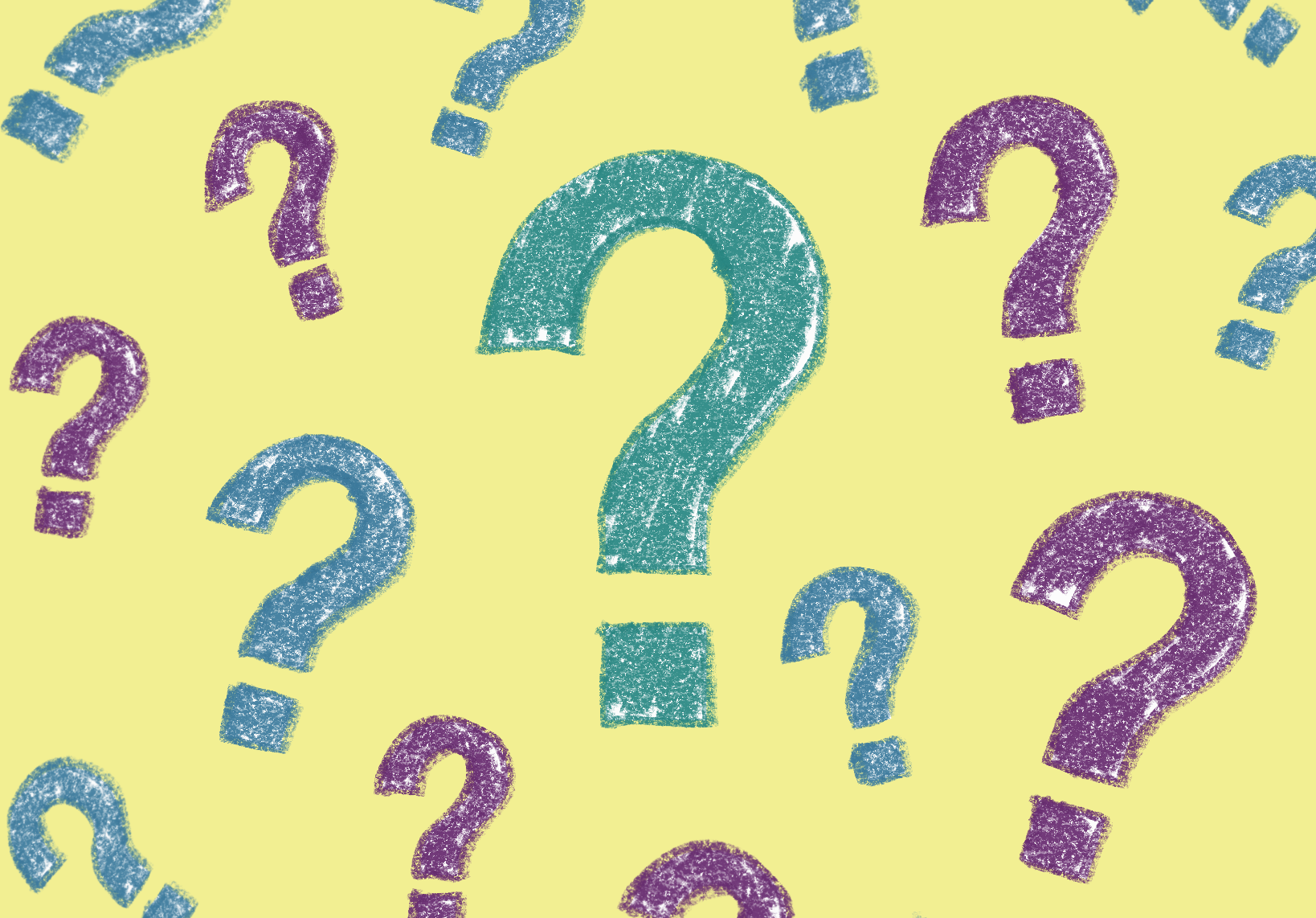The Well Developed Classroom is a series of blogs Rhonda Bondie originally wrote for the NYC Department of Education on AIRS Connect. The series provides practical steps and resources for educators to integrate into their practice.
-
Instructional Reading Strategy Toolkit
-
Instant Instructional Response through Short Formative Assessments
-
Everyday Differentiated Instruction: Using Supports and Extensions to Increase Student Achievement
-
Increase Rigorous Thinking in Everyday Learning Routines
-
Managing Small Group Work through Roles and Rounds
-

The Road to Clear Learning Goals: Standards and Learning Targets
-

Fewer questions, better questions, and time to think.
-
What does teaching for understanding look like?

